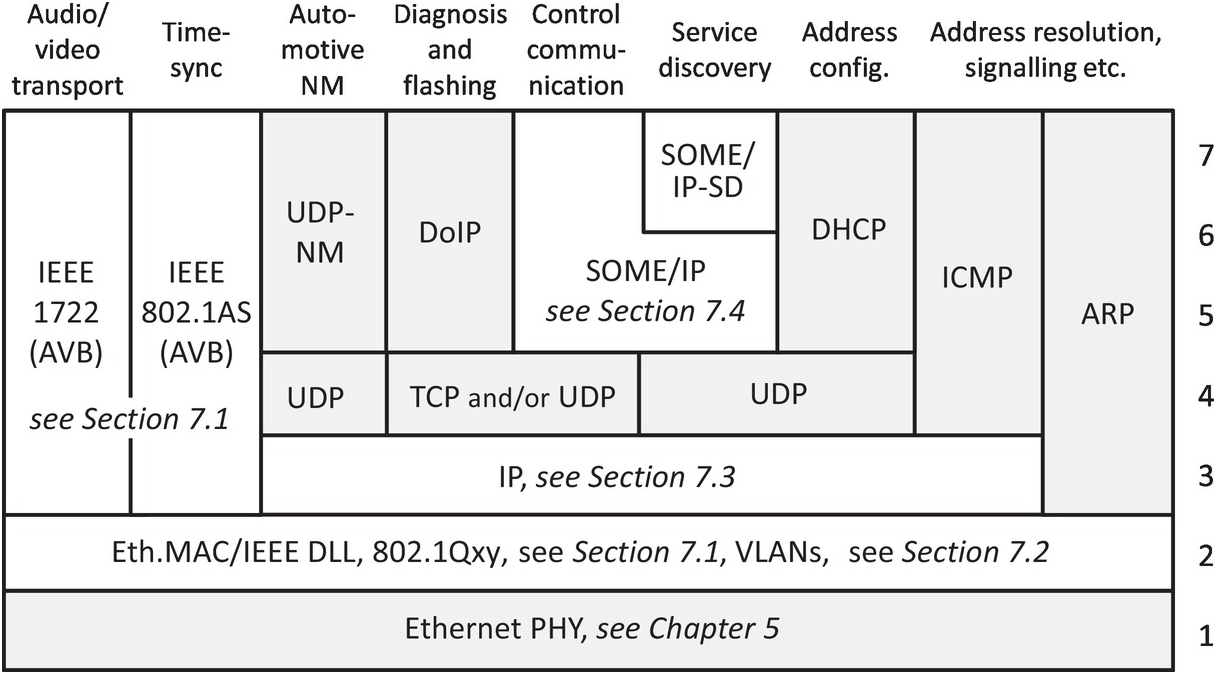

As with EXEs, DLLs can contain code, data, and resources, in any combination. The file formats for DLLs are the same as for Windows EXE files - that is, Portable Executable (PE) for 32-bit and 64-bit Windows, and New Executable (NE) for 16-bit Windows. These libraries usually have the file extension DLL, OCX (for libraries containing ActiveX controls), or DRV (for legacy system drivers). (October 2009)Ĭom.microsoft.windows-dynamic-link-libraryĭynamic-link library (also written unhyphenated), or DLL, is Microsoft's implementation of the shared library concept in the Microsoft Windows and OS/2 operating systems. Please help to improve this article by introducing more precise citations. This article includes a list of references, but its sources remain unclear because it has insufficient inline citations.


 0 kommentar(er)
0 kommentar(er)
